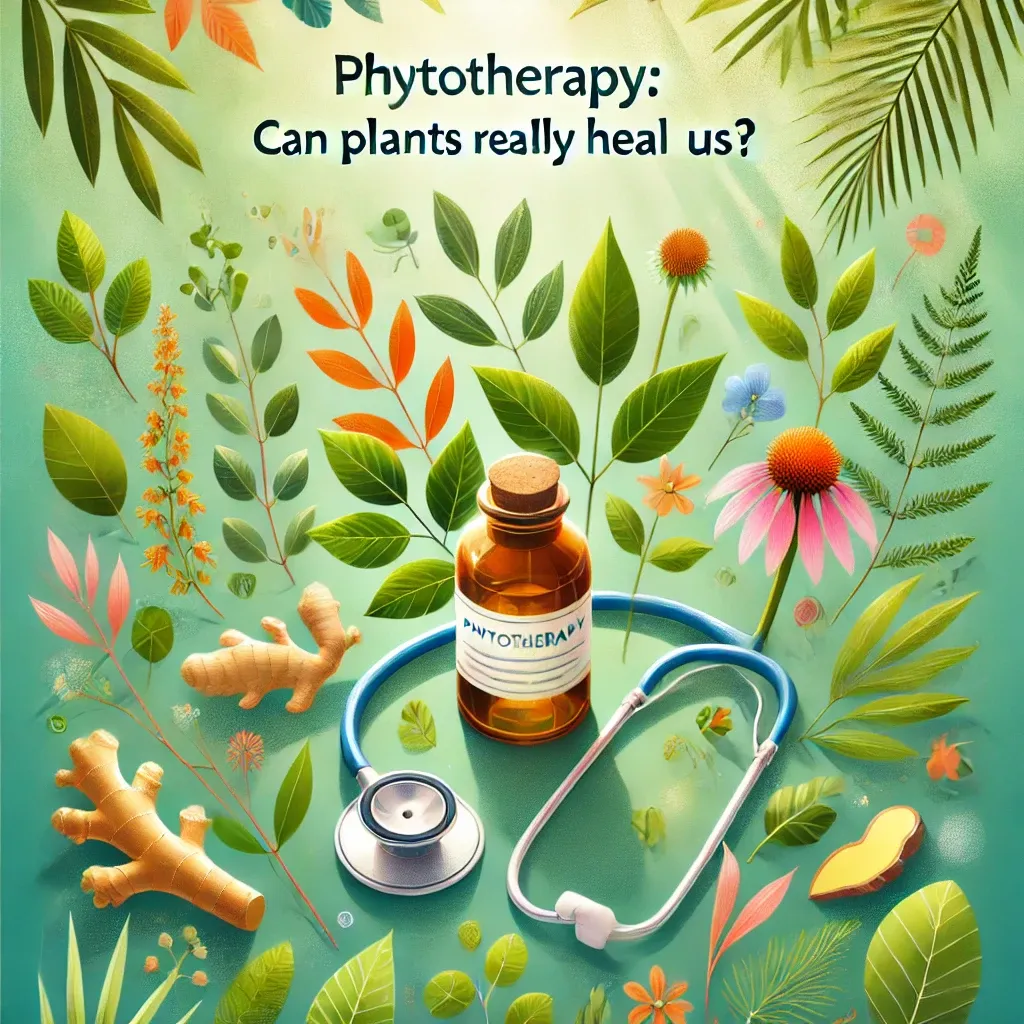Phytotherapy promises numerous benefits: better sleep, resistance to infections, and even curing cancer. But is it just snake oil, or an underutilized therapeutic power? Let’s take a closer look.
Hypertension and Olive Leaves: A Natural Alternative
A double-blind clinical study compared the antihypertensive efficacy of olive leaf extract to a standard medication in treating stage 1 hypertension. After 8 weeks, both groups showed a significant decrease in blood pressure. “There is tremendous potential in nature,” says Dr. Jean-Michel Morel, a general practitioner and phytotherapy instructor. He observed prolonged stabilization in patients with moderate hypertension using olive oil. This isn’t surprising, as many of our medications originate from plants: willow for aspirin, Madagascar periwinkle for its anticancer properties, and arnica and nettle.
What Ailments Can Plants Treat?
“Functional chronic diseases, urinary infections, migraines, joint problems, and everyday ailments such as rhinitis, ENT or skin conditions, digestive disorders,” lists Dr. Bérangère Arnal, head of the Phytotherapy DU at Paris 13 University. She also recommends, in collaboration with oncologists, plants like Desmodium adscendens to mitigate liver damage caused by chemotherapy, and candied ginger to relieve nausea. However, it’s not about systematically replacing chemical drugs with plants. “Plants contain complex systems of molecules; it’s impossible to achieve the high concentrations of a specific active ingredient needed for serious conditions,” Dr. Morel reminds us.
Precautions and Harmful Interactions
Natural doesn’t mean risk-free. Poison control centers in France report 6,000 to 7,000 plant-related intoxications annually, often due to overdoses or harmful interactions with medications. For example, garlic and ginseng, known for their anticoagulant properties, can cause bleeding when taken with aspirin. Ephedra, combined with coffee, has caused heart attacks and strokes. The American Society of Anesthesiologists recommends avoiding garlic, ephedra, and ginseng two weeks before surgery. Some plants, like birch, are contraindicated for people with kidney failure. Cross-allergies should also be monitored: someone allergic to daisy pollen should avoid echinacea, its close relative.
The 5 Golden Rules of Phytotherapy
- Reserve phytotherapy for minor ailments: colds, digestive issues, occasional sleep problems. Consult a doctor if symptoms persist.
- Never combine multiple plants without medical advice. Inform your doctor of any plant intake, especially before surgery or if you are on long-term medication.
- Exercise caution for pregnant or breastfeeding women and children under 12. Always seek advice from a healthcare professional.
- Follow prescribed doses. Plants contain active ingredients that can be dangerous in high doses.
- Avoid online purchases. Prefer reputable sources to ensure active ingredient concentration.
Phytotherapy offers interesting solutions for certain ailments, but it must be used cautiously and under medical supervision to avoid risks of interactions and overdoses.
